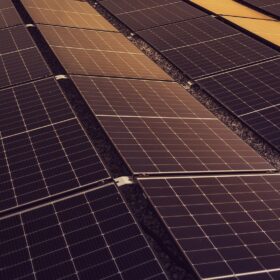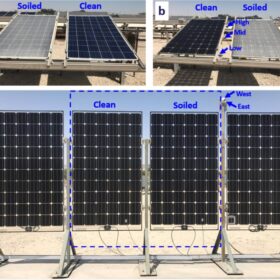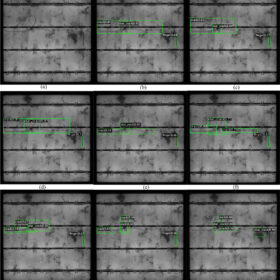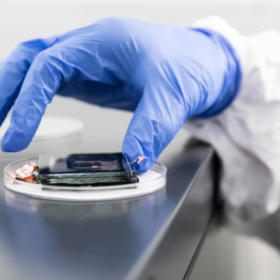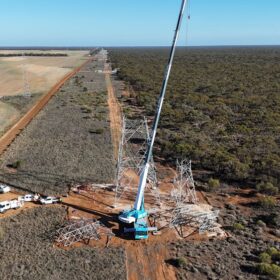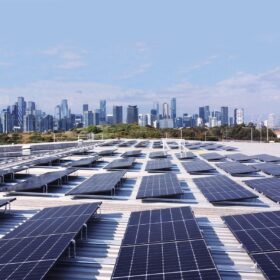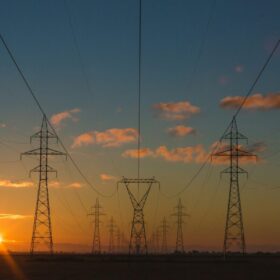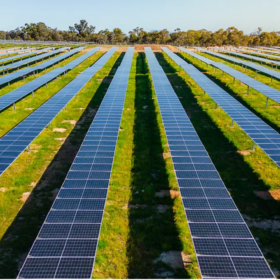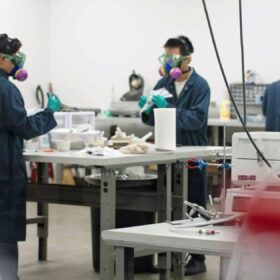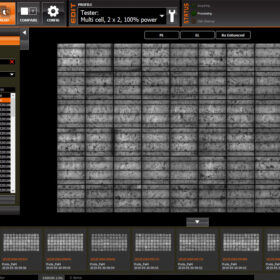Research sheds new light on shade effects for rooftop PV
Researchers have covered part of a rooftop solar plant with varying numbers of shading cloth layers and continued to measure the power, current, and voltage of the system. They have been able to identify a point after which the value of system current and maximum power is no longer sensitive to shading heaviness.
East-west vertical PV as antidote for soiling in desert regions
New research shows that east-west-oriented vertical PV installations can significantly help reduce soiling in desert environments. The scientists found that PV power generation can be up to 9% higher in vertical systems compared to conventional arrays.
PV module fault detection tech based on deep learning of electroluminescence
The novel technique is based on the VarifocalNet deep-learning object detection framework, which was reportedly tweaked to achieve quicker and more accurate results. Compared to other such methods, the new approach was found to be the most accurate and third quickest.
Scientists set new efficiency target for monolithic perovskite-silicon tandem solar cell
Researchers at the University of Sydney have achieved 30% efficiency rating with a monolithic perovskite-silicon tandem solar cell and now have their sights set on a new target.
Transgrid raises remote REZs as part of energy transition vision
New South Wales power grid owner Transgrid has pinpointed a trio of sites in the state’s far west that could host remote renewable energy zones that it said could help address the challenges posed by an energy transition that it is in “vertical take-off.”
VEPC pushes for new policy to support C&I rooftop solar sector
The Victoria Energy Policy Centre has issued a call for new policy to drive the deployment of large-scale rooftop solar backed by batteries on Australia’s commercial and industrial properties not just for self-consumption but also so power can be exported to the grid at times of peak demand.
PV systems can now support grid as fossil fuels decline, says IEA-PVPS
A new report by the International Energy Agency’s Photovoltaics Power Systems Program (IEA-PVPS) says that existing PV systems have the technical capabilities to provide various frequency-related grid services.
Renewables must ramp up to 126 GW by 2030 to reach net zero by 2050, says BNEF
Australia can still achieve a net-zero energy transformation by 2050, in line with the Paris climate agreement, but new analysis from Bloomberg New Energy Finance shows there is no time to waste with a rapid scaling up of investment in solar, wind and energy storage required.
Novonix strikes cathode materials agreement with CBMM
Australian listed battery materials and technology company Novonix has inked a joint development agreement with Brazilian niobium products supplier CBMM to produce cathode materials for use in lithium-ion batteries.
BT Imaging to supply quality control tool for 1.5 GW solar cell line in India
Australian PV equipment specialist BT Imaging will supply its advanced photoluminescence imaging tool for solar module maker Emmvee’s 1.5 GW TOPCon cell manufacturing facility in India.
